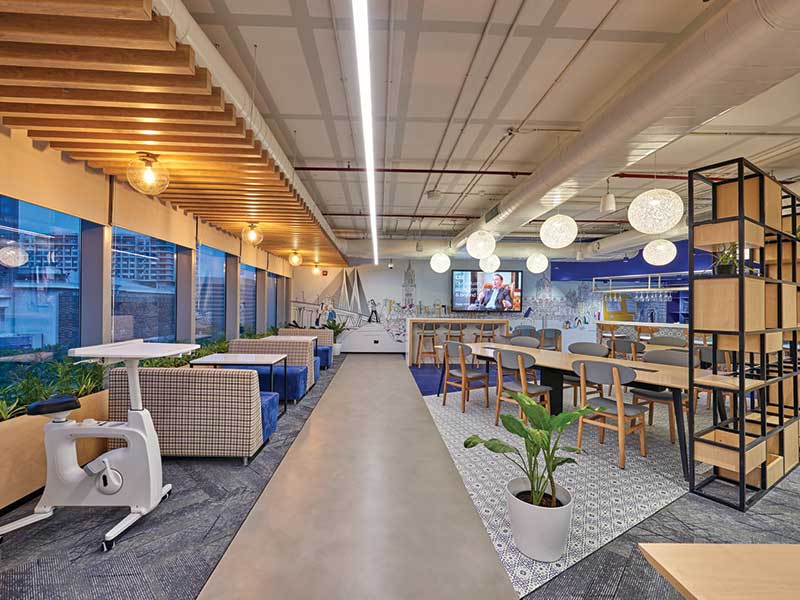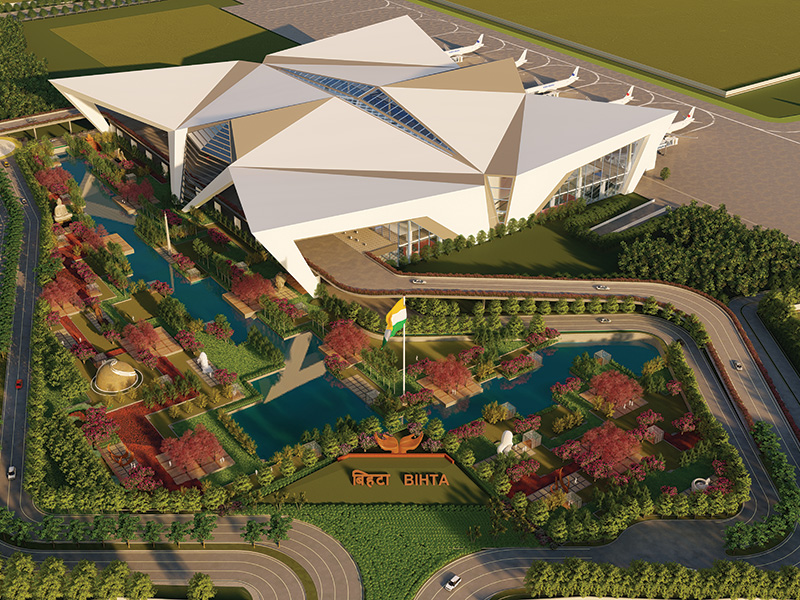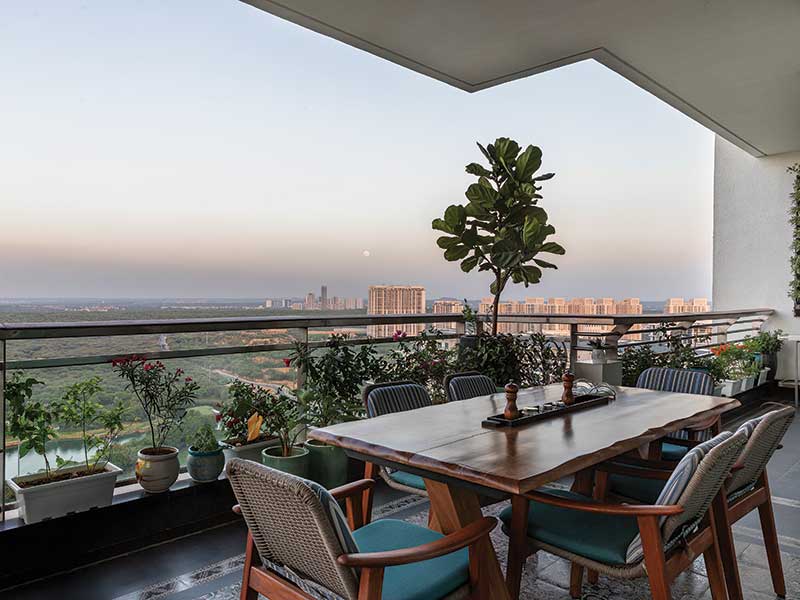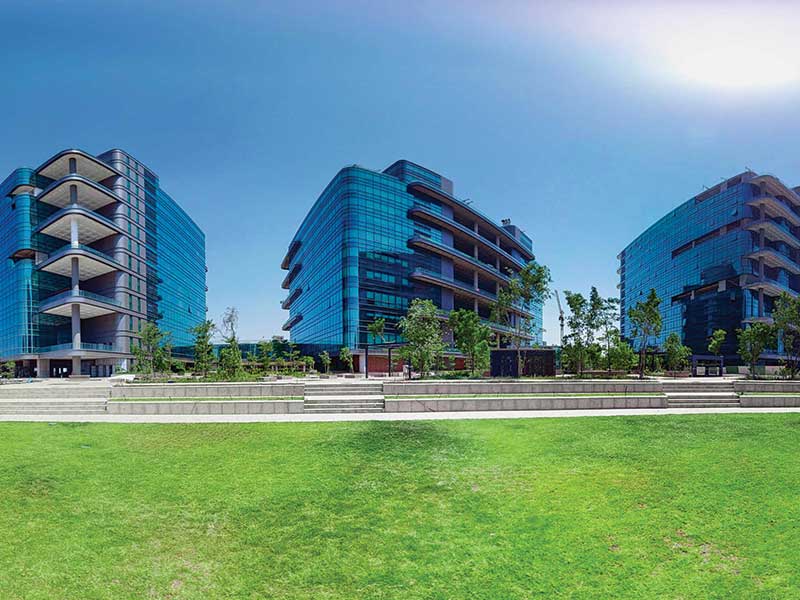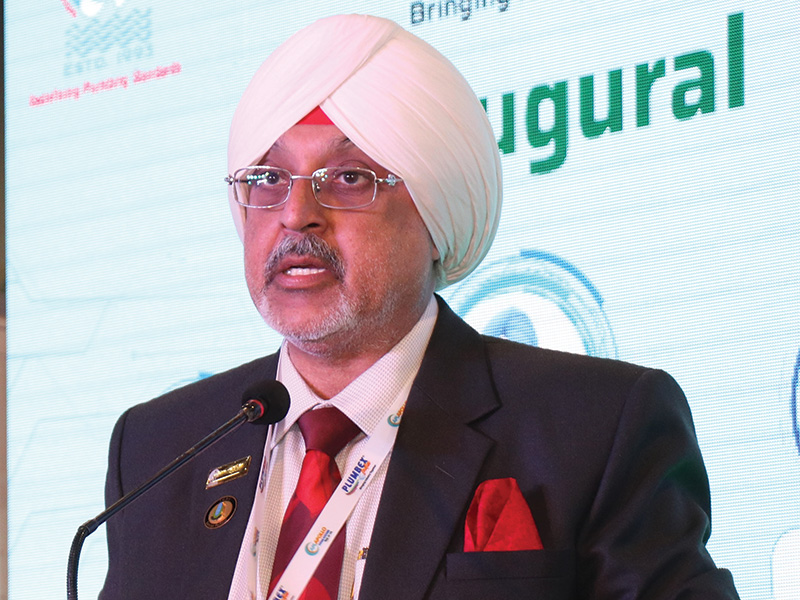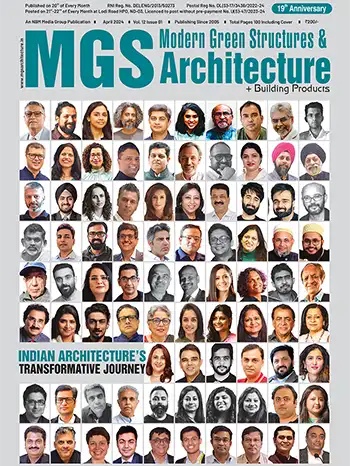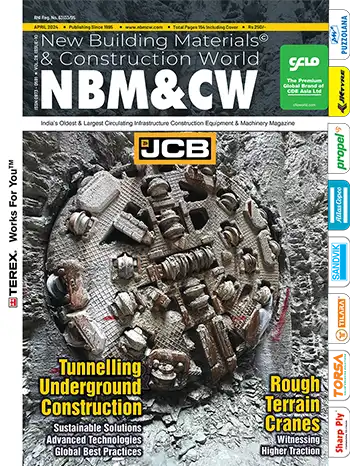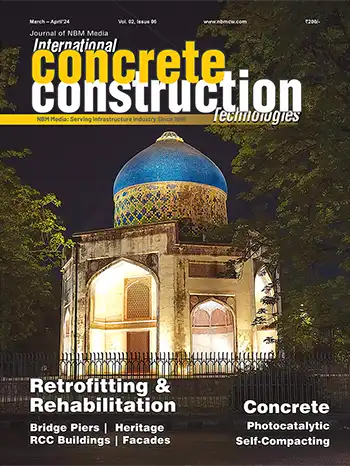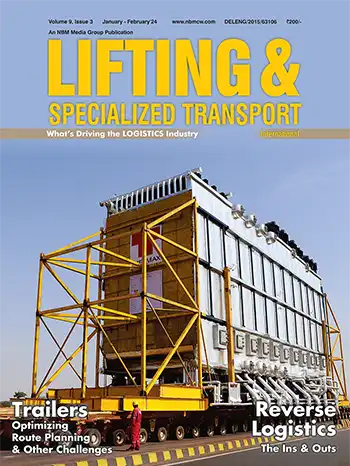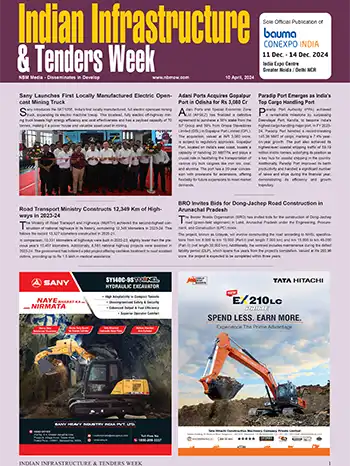Rohit Raj Puniani, Managing Director - North India & Hyderabad, Space Matrix, explores the stagnancy in technology integration within workplace design and foresees a significant leap forward through technological integration, shift towards tech-driven flexibility, enhanced collaboration, tailoring spaces to working styles, and personalized comfort.
The anticipated trends in workplace design call for a new era of technological integration, which will undoubtedly create an environment conducive to innovation, collaboration, and employee well-being.
One aspect that has remained surprisingly stagnant even now is the integration of technology into our work environments and workplace design. While discussions around tech integration have been commonplace, the actual implementation has been limited to a few pioneering offices or limited to different technologies implemented with no integration. However, change is underway, and we are likely to see a significant leap forward in this aspect.
Technological advancements are set to redefine the very fabric of workplace design, from parking management, digital check-in, digital access control. wayfinding, workstation booking, meeting room booking, cafeteria / pantry management, lighting and temperature control, AQI measures, and automation for better facility management. Technology also provides a lot of analytics and reports which help to make systems more effective.
Tech-Driven Flexibility
Workplace design will witness a paradigm shift towards tech-driven flexibility. The traditional notion of a fixed desk or cubicle is gradually giving way to agile and adaptable workspaces. Technology will play a pivotal role in facilitating this transition, offering employees the flexibility to choose when, where, and how they work. The physical boundaries of the office will become more fluid, enabling a seamless blend of in-office and remote work.
Enhancing Collaboration
Effective collaboration is the cornerstone of productivity. Advancements in technology will redefine how meeting rooms and open discussion spaces are managed. Smart meeting room solutions will enable employees to schedule, locate, and use meeting spaces with unprecedented ease. Whether it is a quick huddle or a formal presentation, tech-driven systems will optimize the utilization of meeting spaces, fostering a collaborative environment that is conducive to creativity and innovation.
Tailoring Spaces to Working Styles
The workplace is no longer a one-size-fits-all environment. Technology will empower employees to find the perfect workspace tailored to their specific needs and working styles. From quiet corners for focused work to collaborative zones for team projects, booking systems will allow employees to reserve spaces that align with their preferences. Multiple parameters can be kept in mind by employees while selecting the work seat for the function they want to perform, temperature control, acoustics level, etc. This not only enhances individual comfort but also contributes to overall productivity.
Personalized Comfort
Controlling the office temperature and lighting level has long been a challenge, often leading to disputes over thermostats and discomfort among employees. We will see smart temperature and lighting management systems, driven by artificial intelligence, being adapted to individual preferences, creating personalized comfort zones for employees and thereby improving the overall workplace experience.




